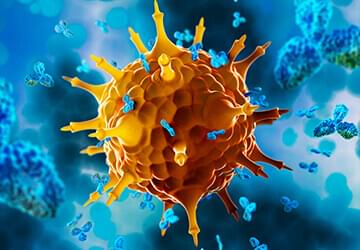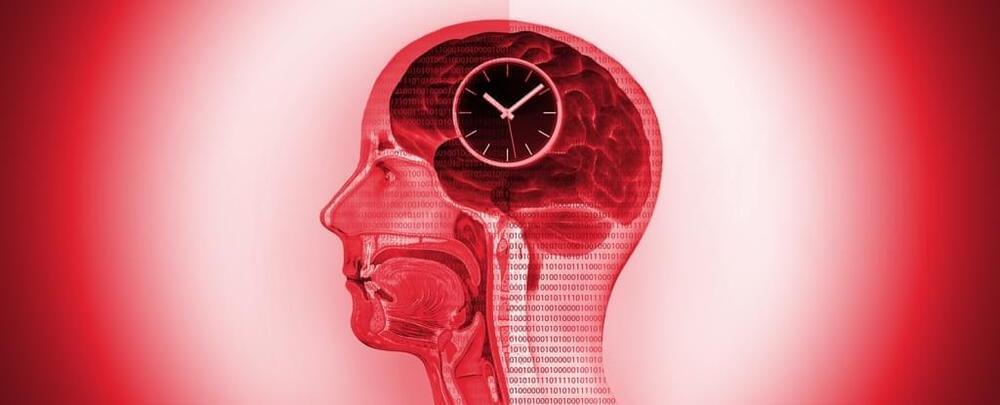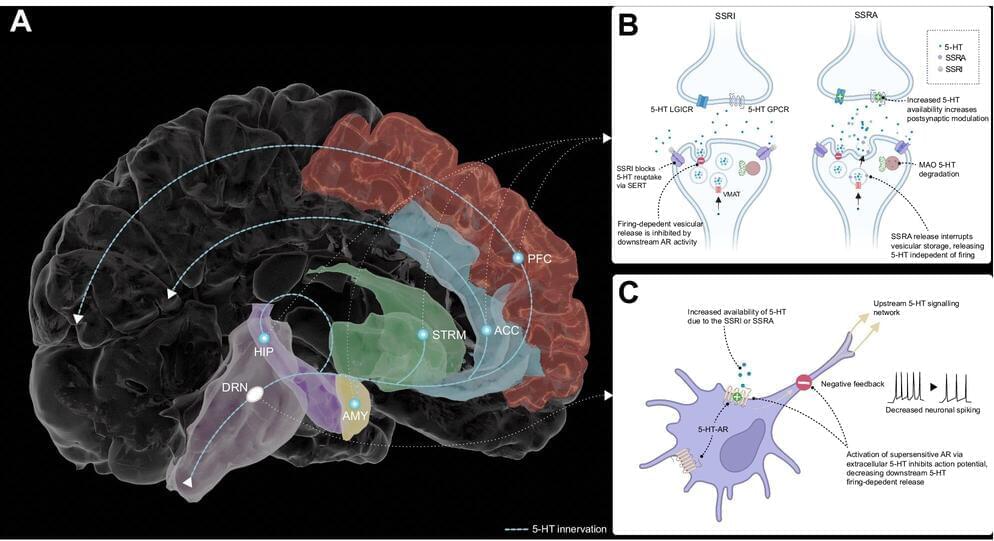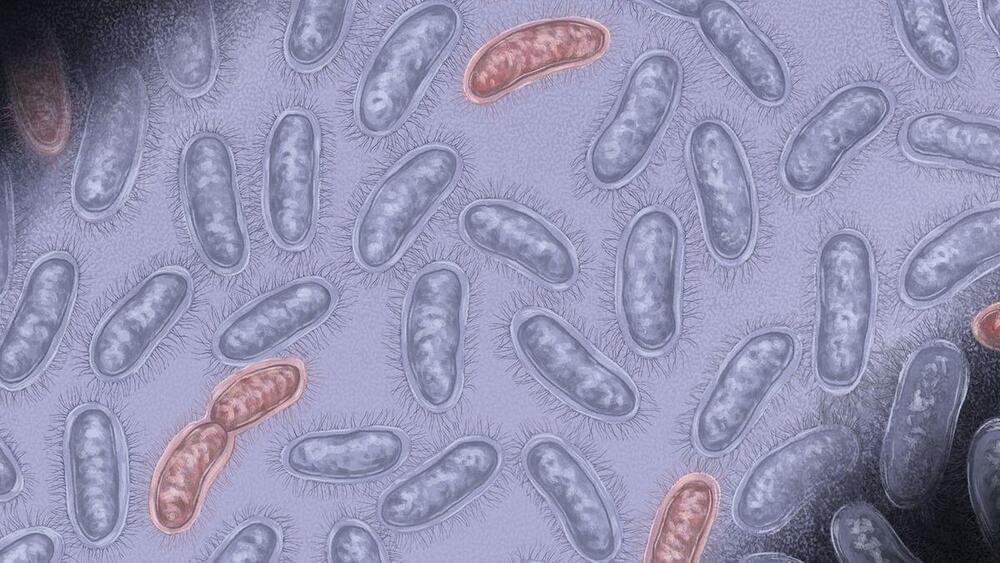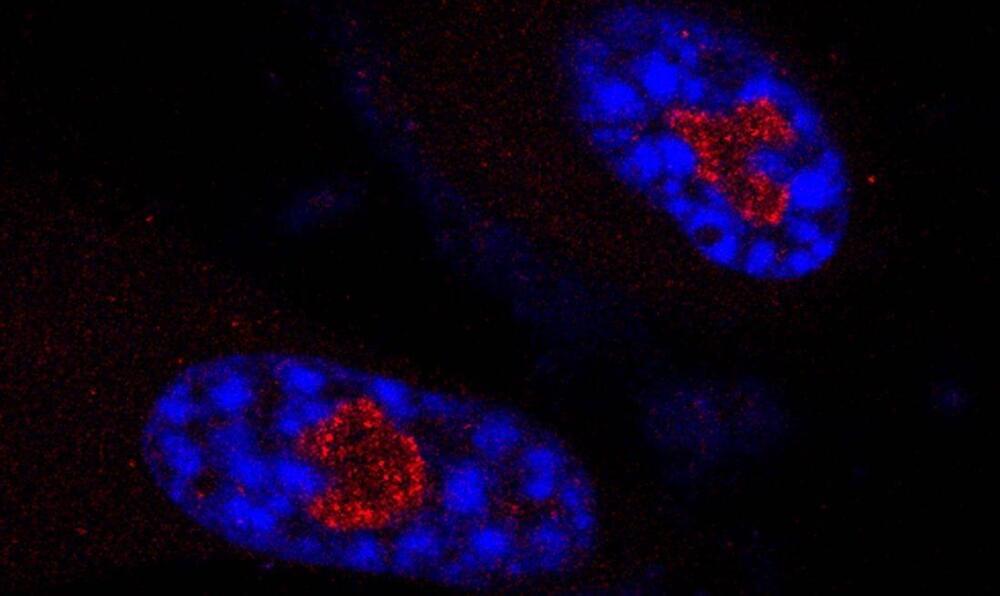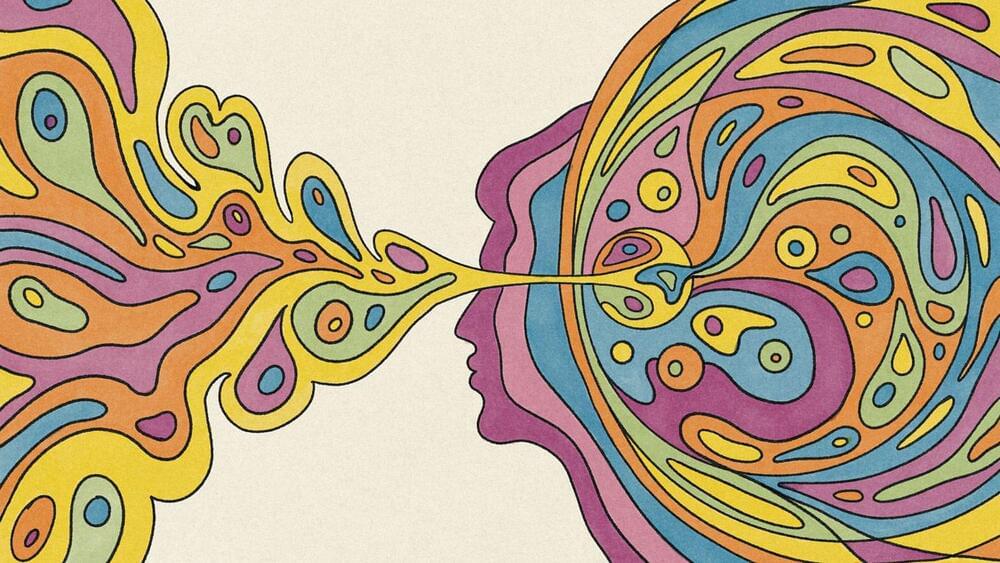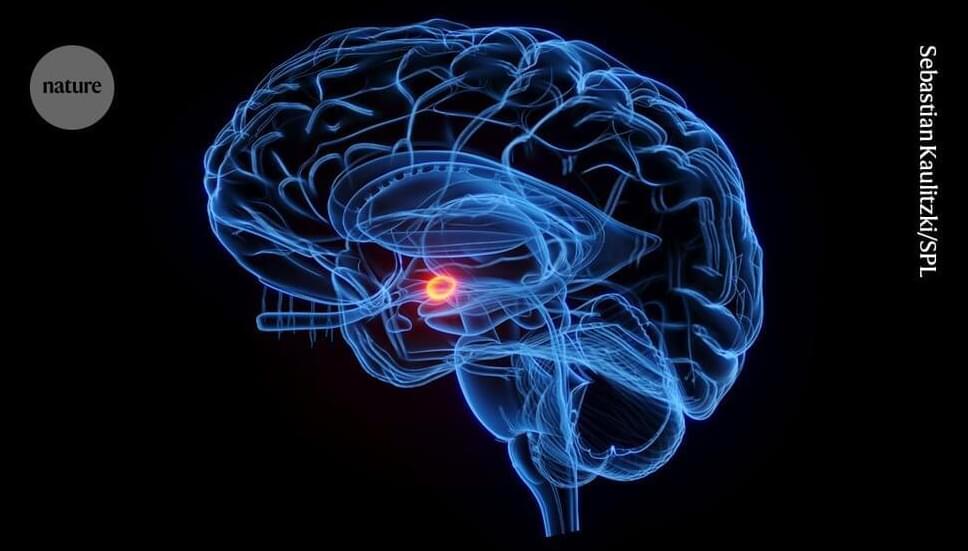Creative Diagnostics provides expertise in antiviral (or antibacterial) assays, cell-based antiviral (or antibacterial) compound screening, and best in vivo model solutions to drive your projects to completion. We are a reliable partner for biotechnology and pharmaceutical companies.
Archive for the ‘biotech/medical’ category: Page 50
Aug 11, 2024
Is NAD Correlated With Telomere Length, Biological Age, Or Other Biomarkers?
Posted by Mike Lustgarten in categories: biotech/medical, life extension
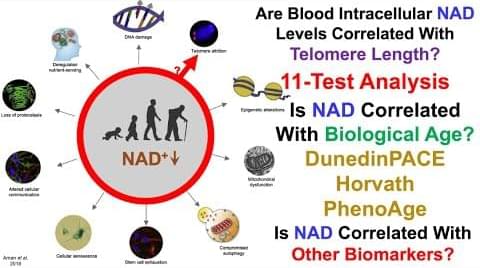
Join us on Patreon! https://www.patreon.com/MichaelLustgartenPhDDiscount Links/Affiliates: Blood testing (where I get my labs): https://www.ultalabtests.com/.…
Aug 10, 2024
Fasting-Style Diet Seems to Result in Dynamic Changes to Human Brains
Posted by Shubham Ghosh Roy in categories: biotech/medical, food, neuroscience
Scientists looking to tackle our ongoing obesity crisis have made an important discovery: Intermittent calorie restriction leads to significant changes both in the gut and the brain, which may open up new options for maintaining a healthy weight.
Researchers from China studied 25 volunteers classed as obese over a period of 62 days, during which they took part in an intermittent energy restriction (IER) program – a regime that involves careful control of calorie intake and relative fasting on some days.
Not only did the participants in the study lose weight – 7.6 kilograms (16.8 pounds) or 7.8 percent of their body weight on average – there was also evidence of shifts in the activity of obesity-related regions of the brain, and in the make-up of gut bacteria.
Aug 10, 2024
Serotonin changes how people learn and respond to negative information
Posted by Shubham Ghosh Roy in categories: biotech/medical, health
Increasing serotonin can change how people learn from negative information, as well as improving how they respond to it, according to a new study published in the journal Nature Communications.
The study by scientists at the University of Oxford’s Department of Psychiatry and the National Institute of Health and Care Research (NIHR) Oxford Health Biomedical Research Center (OH BRC) found people with increased serotonin levels had reduced sensitivity to punishing outcomes (for example, losing money in a game) without significantly affecting sensitivity to rewarding ones (winning money).
The study involved 26 participants who were given the drug to increase serotonin, with a further 27 in a control group, who were asked to do a series of tasks measuring learning and behavioral control. State-of-the-art models were then used to understand participant behavior.
Aug 9, 2024
Scientists have found a secret ‘switch’ that lets bacteria resist antibiotics — and it’s been evading lab tests for decades
Posted by Shubham Ghosh Roy in categories: biotech/medical, chemistry, genetics
For decades, microbiologists like Weiss thought of antibiotic resistance as something a bacterial species either had or didn’t have. But “now, we are realizing that that’s not always the case,” he said.
Normally, genes determine how bacteria resist certain antibiotics. For example, bacteria could gain a gene mutation that enables them to chemically disable antibiotics. In other cases, genes may code for proteins that prevent the drugs from crossing bacterial cell walls. But that is not the case for heteroresistant bacteria; they defeat drugs designed to kill them without bona fide resistance genes. When they’re not exposed to an antibiotic, these bacteria look like any other bacteria.
Aug 9, 2024
Study identifies RNA molecule that Regulates Cellular Aging
Posted by Natalie Chan in categories: biotech/medical, genetics, life extension, neuroscience
A team led by UT Southwestern Medical Center researchers has discovered a new way that cells regulate senescence, an irreversible end to cell division. The findings, published in Cell, could one day lead to new interventions for a variety of conditions associated with aging, including neurodegenerative and cardiovascular diseases, diabetes, and cancer, as well as new therapies for a collection of diseases known as ribosomopathies.
“There is great interest in reducing senescence to slow or reverse aging or aging-associated diseases. We discovered a noncoding RNA that when inhibited strongly impairs senescence, suggesting that it could be a therapeutic target for conditions associated with aging,” said Joshua Mendell, M.D., Ph.D., Professor of Molecular Biology and a member of the Harold C. Simmons Comprehensive Cancer Center at UT Southwestern. He is also a Howard Hughes Medical Institute Investigator.
Dr. Mendell led the study with co-first authors Yujing Cheng, Ph.D., a recent graduate of the Genetics, Development, and Disease graduate program; and Siwen Wang, M.D., a former postdoctoral researcher, both in the Mendell Lab.
Aug 9, 2024
Dr. Ryan Potts, Ph.D. — VP and Head, Induced Proximity Platform, Amgen — Any Target, Every Time
Posted by Ira S. Pastor in categories: biotech/medical, chemistry, genetics

Leading The Next Wave Of Innovation In Drug Discovery, To Modulate Any Target, Every Time — Dr. P. Ryan Potts, Ph.D., VP and Head, Induced Proximity Platform, Amgen.
Dr. Ryan Potts, Ph.D. is Vice President and Head, Induced Proximity Platform at Amgen (https://www.amgen.com/science/researc…) which is focused on novel ways to bring two or more molecules in close proximity to each other to tackle drug targets that are currently considered “undruggable.” He also leads Amgen’s Research \& Development Postdoctoral Fellows Program (https://www.amgen.com/science/scienti…).
Aug 9, 2024
‘Then I Am Myself the World’ ponders what it means to be conscious
Posted by Dan Breeden in categories: biotech/medical, neuroscience
Then I Am Myself the World Christof Koch Basic Books, $30
The human brain is the most complex information integrator known in the universe. With 86 billion neurons and 100 trillion connections between them, the brain gives us our rich subjective experiences and our capacity for free will — our consciousness.
Despite being a universal human phenomenon, consciousness is notoriously difficult to describe, and scientists still debate how it arises. In Then I Am Myself the World, neuroscientist Christof Koch offers the latest entry into the long list of books attempting to demystify the origins of our inner lives (SN: 1/5/22). While the topic can be a head-scratcher, Koch’s adept use of analogies and entertaining anecdotes — complete with his own near-death experience and psychedelic drug trips — make the book a compelling and surprisingly light read.
Aug 9, 2024
A controversial Chinese CRISPR scientist is still hopeful about embryo gene editing. Here’s why
Posted by Dan Breeden in categories: bioengineering, biotech/medical, genetics, law enforcement
He Jiankui, who went to prison for three years for making the world’s first gene-edited babies, talked to MIT Technology Review about his new research plans.
Aug 8, 2024
How the stressed-out brain can weaken the immune system
Posted by Cecile G. Tamura in categories: biotech/medical, neuroscience
Stress sensitive neural circuits change the gut microbiome and the duodenal glands.
Precision mapping of a gut-brain circuit w/ functional impact.
Glands in the small intestine (Brunner’s) have GLP-1 receptors, are stress-sensitive, connect to the brain via the vagal nerve, modulate bacterial…
Continue reading “How the stressed-out brain can weaken the immune system” »
